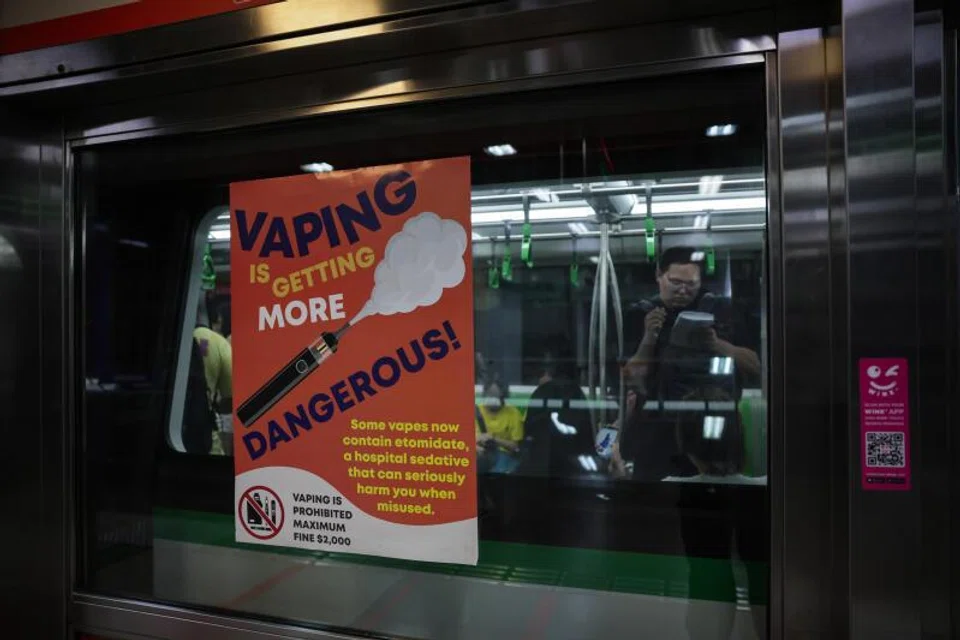
Key points:
- KT&G plans to strengthen its overseas market and NGP business, seeking new growth drivers.
- KT&G will continue to expand its shareholder return policy to increase shareholder value.
- By amending the bylaws to introduce a centralized voting system to more accurately reflect the shareholders' wishes.
According to V.daum report on March 26th, Bang Kyung, the CEO of KT&G, stated at the 38th regular shareholders' meeting held on that day that KT&G will expand its overseas tobacco business and strengthen its operational strategy centered around shareholder value.
“The year 2025 is an important period for ensuring future growth momentum. We will focus on overseas businesses with high growth potential, strengthen the competitiveness of our core operations, and maximize profits.”
He also mentioned that there will be new growth opportunities in the Next Generation Products (NGP) business.
“The NGP business will seek new future growth drivers through sustained challenges in different fields within the non-combustible category.”
Bang Kyung also expressed a willingness to expand the shareholder return policy. At the shareholders' meeting, KT&G passed resolutions on amending the articles of association, approving financial statements, and appointing directors. The proposal to amend the articles of association to elect representative directors through a concentrated voting system was also approved.
In response, KT&G explained that the concentrated voting system can prevent candidates from being elected without receiving majority support, in order to more accurately reflect the shareholders' preferences and ensure the stability of the company's operations.
We welcome news tips, article submissions, interview requests, or comments on this piece.
Please contact us at info@2firsts.com, or reach out to Alan Zhao, CEO of 2Firsts, on LinkedIn
Notice
1. This article is intended solely for professional research purposes related to industry, technology, and policy. Any references to brands or products are made purely for objective description and do not constitute any form of endorsement, recommendation, or promotion by 2Firsts.
2. The use of nicotine-containing products — including, but not limited to, cigarettes, e-cigarettes, nicotine pouchand heated tobacco products — carries significant health risks. Users are responsible for complying with all applicable laws and regulations in their respective jurisdictions.
3. This article is not intended to serve as the basis for any investment decisions or financial advice. 2Firsts assumes no direct or indirect liability for any inaccuracies or errors in the content.
4. Access to this article is strictly prohibited for individuals below the legal age in their jurisdiction.
Copyright
This article is either an original work created by 2Firsts or a reproduction from third-party sources with proper attribution. All copyrights and usage rights belong to 2Firsts or the original content provider. Unauthorized reproduction, distribution, or any other form of unauthorized use by any individual or organization is strictly prohibited. Violators will be held legally accountable.
For copyright-related inquiries, please contact: info@2firsts.com
AI Assistance Disclaimer
This article may have been enhanced using AI tools to improve translation and editorial efficiency. However, due to technical limitations, inaccuracies may occur. Readers are encouraged to refer to the cited sources for the most accurate information.
We welcome any corrections or feedback. Please contact us at: info@2firsts.com







